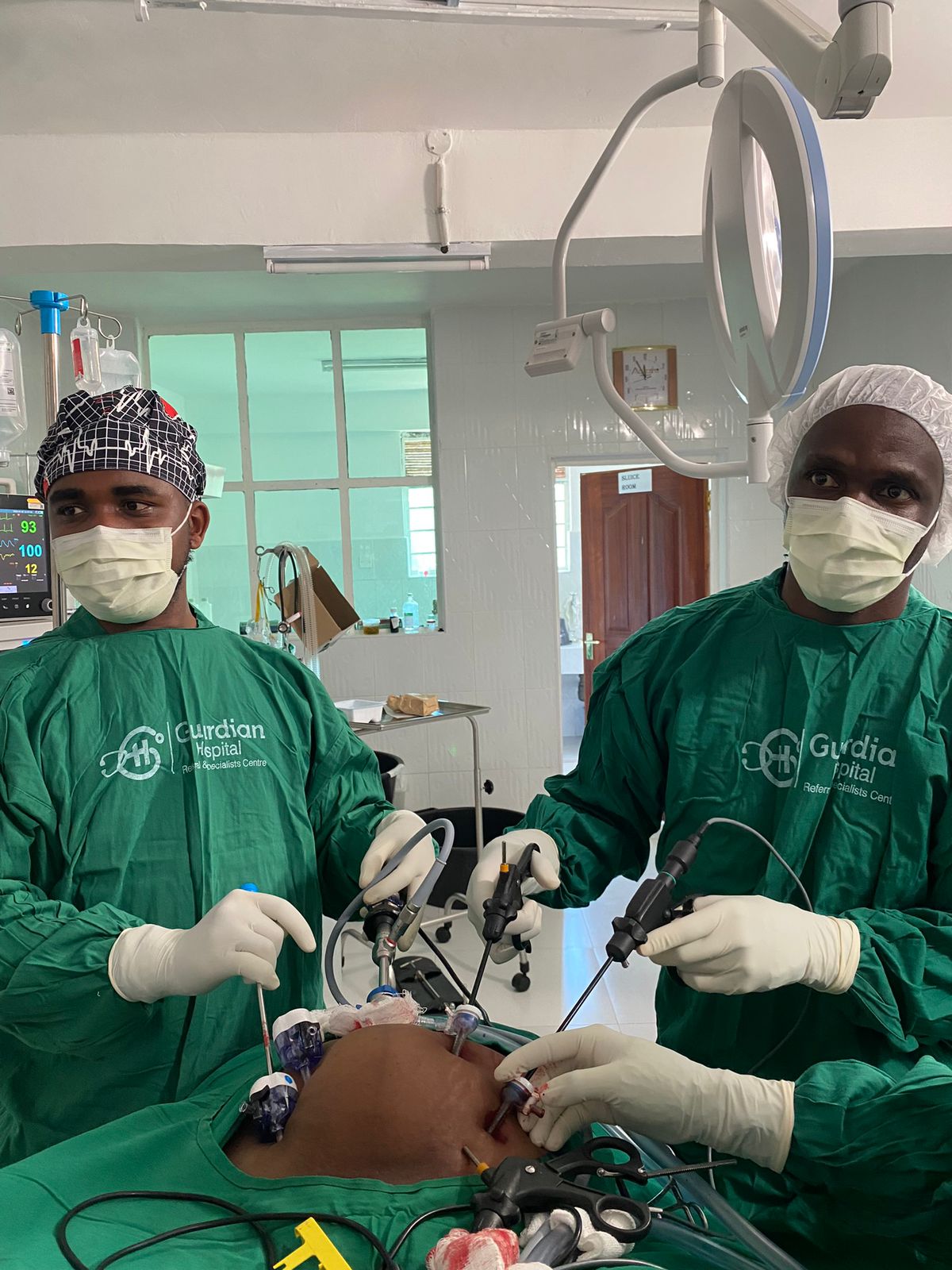

Introduction:
Obstetrics is a crucial branch of medicine focused on the care of pregnant women, childbirth, and the postpartum period. Obstetricians play a pivotal role in ensuring the health and well-being of both mother and child during pregnancy and delivery. In this article, we'll delve into the responsibilities of obstetricians, their qualifications, and address common questions surrounding their practice.
Understanding the Role of an Obstetrician:
- Obstetricians are medical doctors specializing in pregnancy, childbirth, and postpartum care.
- They monitor the health of both mother and baby throughout pregnancy, perform deliveries, and provide follow-up care.
- Obstetricians also diagnose and treat complications that may arise during pregnancy, such as high blood pressure, gestational diabetes, or fetal abnormalities.
Can an Obstetrician Prescribe Medication?
- Yes, obstetricians are licensed medical doctors with the authority to prescribe medication.
- They may prescribe medications to manage pregnancy-related conditions, alleviate discomfort, or prevent complications.
- However, obstetricians consider the potential risks and benefits of medication during pregnancy, ensuring the safety of both mother and baby.
Can a Midwife Become an Obstetrician?
- While midwives and obstetricians both specialize in women's health, their roles and training paths differ.
- Midwives primarily provide care during pregnancy, childbirth, and the postpartum period, focusing on normal, low-risk pregnancies.
- To become an obstetrician, a midwife would typically need to pursue additional medical education and training, including medical school and residency in obstetrics and gynecology.
Can You Be Just an Obstetrician?
- Yes, it is possible to specialize solely in obstetrics within the field of obstetrics and gynecology.
- Obstetricians may choose to focus exclusively on pregnancy and childbirth, providing comprehensive care to expectant mothers.
- However, many obstetricians also offer gynecological services, such as annual exams, contraceptive counseling, and treatment for reproductive health issues.
Qualifications of Obstetricians:
- Obstetricians typically complete a bachelor's degree, followed by four years of medical school.
- After medical school, aspiring obstetricians undergo residency training in obstetrics and gynecology, which typically lasts four years.
- Some obstetricians may pursue additional fellowship training in subspecialties such as maternal-fetal medicine or reproductive endocrinology.
Conclusion:
Obstetricians play a vital role in ensuring the health and safety of pregnant women and their babies. With their specialized training and expertise, they provide comprehensive care throughout pregnancy, childbirth, and the postpartum period. Whether prescribing medication, managing complications, or delivering babies, obstetricians are dedicated to supporting expectant mothers every step of the way.
Leave a comment